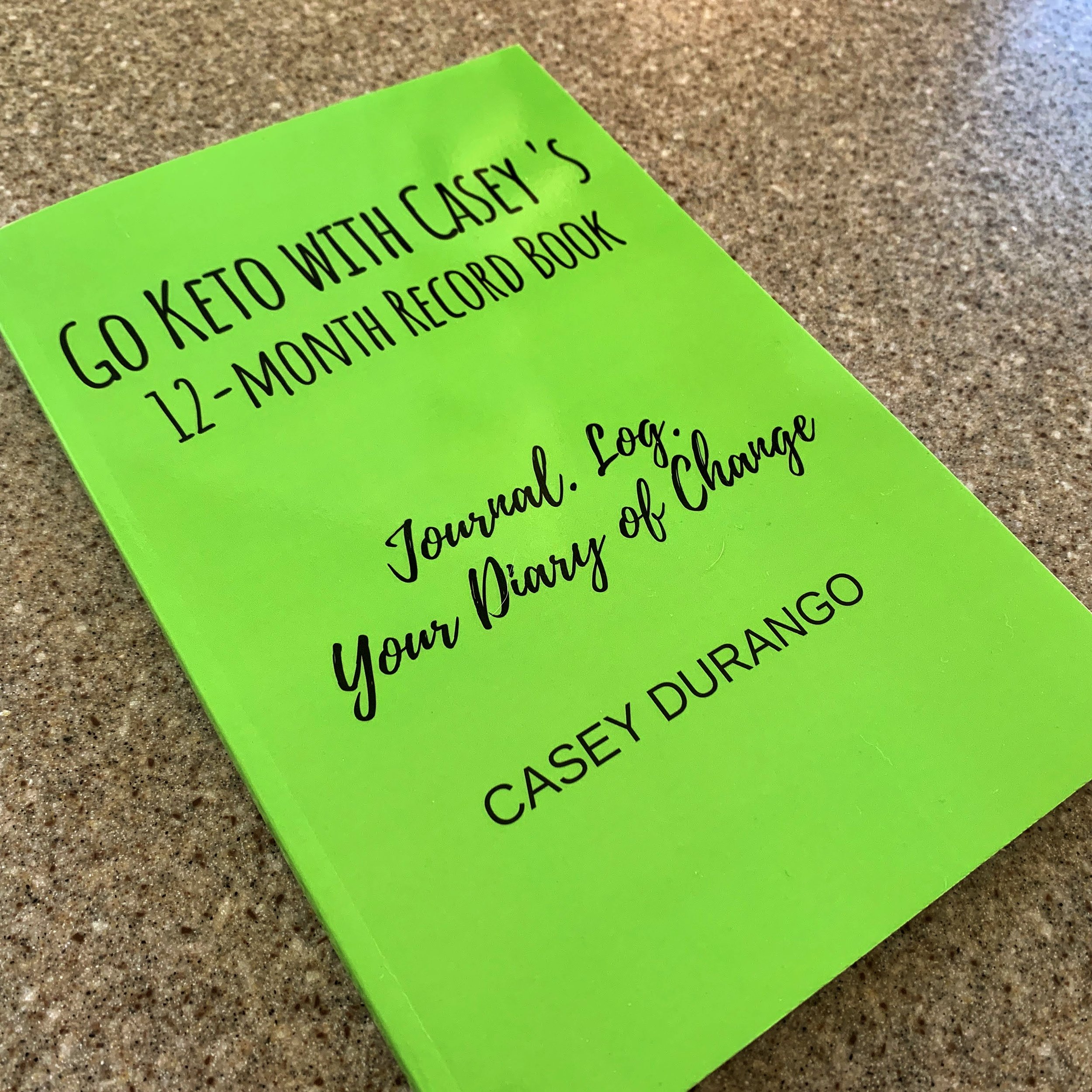KETO BASICS: Sodium
/Sodium and electrolytes in general are a frequent topic because the so-called ‘keto flu’ can be a result of sodium depletion. Legs cramps, same thing. How much sodium do we need when following the ketogenic protocol? The answer, for those who prefer TL/DR info: it depends, but almost certainly more than conventional advice would have us believe. A good rule of thumb is to consume about 5g of sodium/day except for those with sodium-sensitive hypertension.
Now, for the rest of the story …
One of the most interesting aspects of the ketogenic diet is that so many things that make it work are the opposite of some of the widely-held "truisms" and recommendations with which we've been pummeled decades. "Vegetables and fruits are 'free' foods, and you can have them in unlimited quantities. The more, the better!"… "Breakfast is the most important meal of the day."… "If you don't eat every three hours or so, your body will go into starvation mode. Eat frequently to keep your metabolism revved up."… "A low-fat, low sodium diet is heart-healthy."
Uh, no, to all those points. After decades of trying to follow what turns out to have been lame and unscientific nutrition advice—and growing fatter and sadder doing so—I reached my line in the sand. I didn't want to take insulin for Type 2 Diabetes, and I knew it would be suggested at my next medical checkup. I had given up on losing weight, but I didn't want to face my family, of myself, with a diagnosis that I felt was wholly a result of my failures to lose weight.
I share this background because it may ring true to others who have struggled with weight and metabolic issues. Many of us have tried sincerely to just "move more and eat less" only to find it didn't work. It sometimes made things worse. (see the photos of me taken at the beginning of a sprint-level triathlon when I took that wretched advice to the extreme)
Enter the ketogenic diet. It's the Opposite Diet, the Bizarro-World Diet, the Up-is-Down-and-Down-is-Up Diet. Think of what we've been told concerning what is healthy and what is risky. Go ahead, run through the list in your head. I'll wait.
[insert your choice of elevator music here.]
Your inventory of dietary recommendations may include how much sodium we need, or more to the point, how much sodium is too much. The American Heart Association recommends no more than 2.3/g/day of sodium. (Note that sodium and table salt are not necessarily the same thing. Sodium is a component of table salt.) How did that number become the magic amount? It could be because people with sodium-sensitive hypertension (high blood pressure) should restrict their sodium intake. This is because sodium attracts water and, in so doing, pumps up the volume of blood. Hence, more pressure. What should someone with this condition do? Reduce their sodium intake. And, if it's good for people with high blood pressure, wouldn't it be good for everyone? Sure! Why not? If some people are allergic to strawberries, shouldn't everyone avoid them?
Of course not. That's like me standing in front of a roomful of people, all sitting in the same ambient temperature, but because I'm chilly, I insist everyone pull a shawl around their shoulders. Yet, a recommendation targeting a small, specific segment of the population is expanded to be blanket advice for all.
Anywho, getting the crux of the matter: how much sodium do we need? That depends on a few factors. First, we needn't pre-load electrolytes (the group of electrically charged minerals: sodium, magnesium, potassium, calcium, etc.) when starting the ketogenic protocol. Plenty of people and companies will gladly sell you powders, pills, and bottles of special water, claiming to keep everything in balance for you, even though our bodies usually know how to keep things balanced just fine. There are exceptions: becoming dehydrated due to extreme heat, exercise, and the like. But an average person on an average day needn't chug minerals prophylactically. And often, if one does experience the symptoms of being a bit low on sodium, a pinch of salt under the tongue and swig of water can set things right. The point is, if you need more sodium, consume more. I'll refer you to the most excellent book by Drs. Stephen Phinney and Jeff Volek, The Art & Science of Low Carbohydrate Living, for clear information on many physiological factors regarding the diet, including sodium intake. (Pages 240-1 speak specifically to this, directly and clearly.)
Like so much about the ketogenic diet (and life in general), we need to learn what does and does not work for us.
Not everyone needs a shawl, even if I frequently do.




